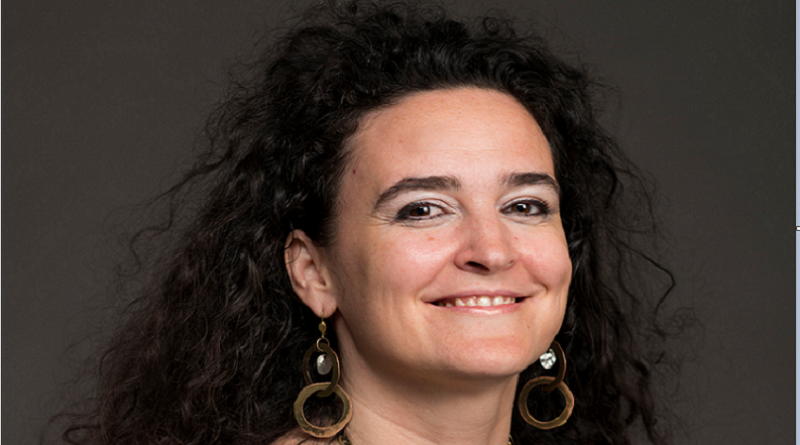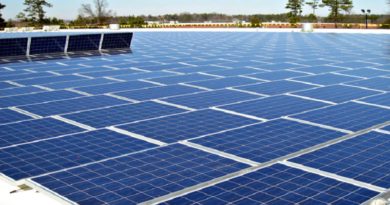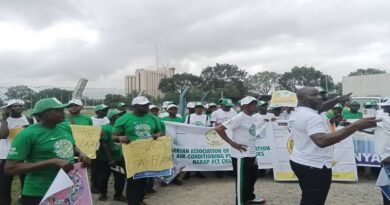GCF convenes Regional Dialogue, Direct Access Entities Workshop in Latin America to accelerate climate action
The Green Climate Fund (GCF) concluded a week of climate action in Santo Domingo, hosting back-to-back events that brought together government representatives, Direct Access Entities (DAEs), international Accredited Entities (AEs), civil society, and private sector partners from across Latin America.
The Regional Dialogue with Latin America (15–17 September) and the Workshop for Direct Access Entities (18–19 September) provided a unique opportunity for regional stakeholders to engage with GCF experts, exchange experiences, and strengthen collaboration to advance low-emission, climate-resilient development pathways in the region.
The week opened with the Regional Dialogue (15–17 September), where participants tackled some of Latin America’s most pressing climate finance challenges. Strategic discussions focused on translating national climate priorities into robust, bankable project pipelines and unlocking private sector investment. The Dialogue highlighted the central role of country platforms in aligning diverse actors around shared climate priorities and featured emerging examples from the region where these platforms are already facilitating project formulation and cross-sectoral collaboration.
Participants also engaged in a series of capacity-building sessions, delving into climate impact and vulnerability assessments, the GCF Readiness Strategy 2024–2027, the newly approved Revised Accreditation Framework (RAF), and the updated Monitoring, Evaluation and Learning (MEL) Framework. Participants also learned about GCF’s Sustainability Policies and Operational Safeguards and GCF’s approach to Environmental and Social Safeguards (ESS) Standards, Gender and Indigenous Peoples issues, and GCF’s robust accountability and integrity framework.
The Dialogue was far from a series of lectures — it was interactive and collaborative. Participants joined a mini competition to design concessional finance structures for hypothetical projects, sparking creativity and peer learning. Case study workshops helped participants unpack what a true “paradigm shift” looks like, encouraging them to think systemically rather than project by project. Dedicated networking sessions and bilateral meetings enabled countries and partners to explore collaboration opportunities and prepare the ground for future funding proposals. Side events offered deep dives on Readiness implementation, REDD+ Results-Based Payments, and ways to maximise synergies across the Rio Conventions.
Immediately following the Dialogue, the Workshop for Direct Access Entities (18–19 September) shifted the focus to hands-on capacity building. At the heart of the workshop was the DAE Impact Park — an innovative, theme park-style format where participants rotated through “rides” covering every step of the GCF project cycle, from project preparation and financial structuring to safeguards and post-approval implementation. On the second day, participants went “back to school” in immersive writing labs, where they worked on real readiness proposals, concept notes, and funding proposals under the guidance of GCF experts. Short, focused mini lectures provided practical tips on designing strong readiness and funding proposals, helping participants strengthen the quality and impact of their pipelines.
“By bringing together NDAs, DAEs, and other partners, we created a space for both strategic dialogue and practical capacity building,” said Kristin Lang, GCF Regional Director for Latin America and the Caribbean. She stressed the need for focus and ambition, adding: “GCF support must be directed where the challenges are greatest. Our resources are finite. That is why we must focus on the most catalytic investments — those that mobilise large-scale co-financing, use innovative financial structures, and can be sustained over time. To achieve impact, we need a paradigm shift: the pieces of the puzzle must fit together in a systemic approach, not in isolated projects.”
The combined events reinforced GCF’s commitment to supporting Latin American countries in building stronger institutions, mobilising finance, and accelerating climate action in the region.




